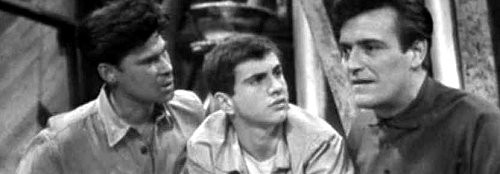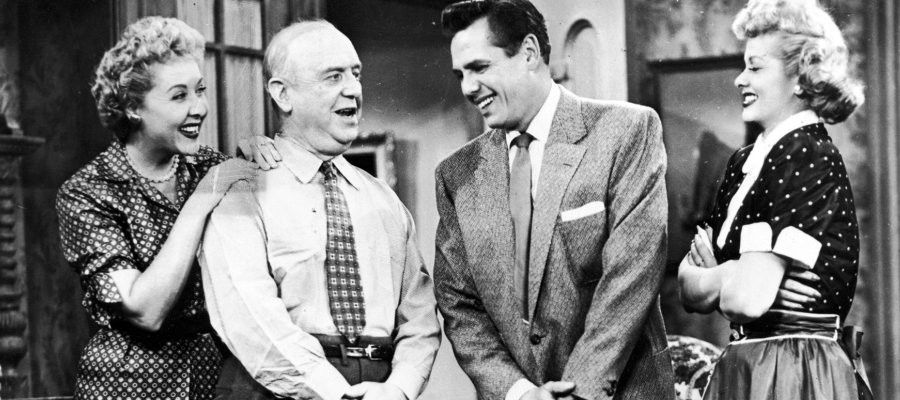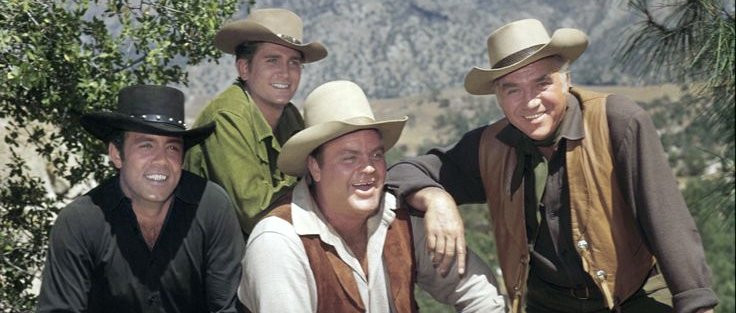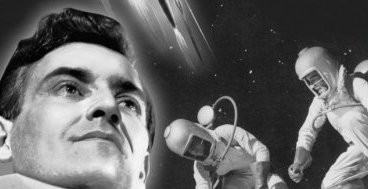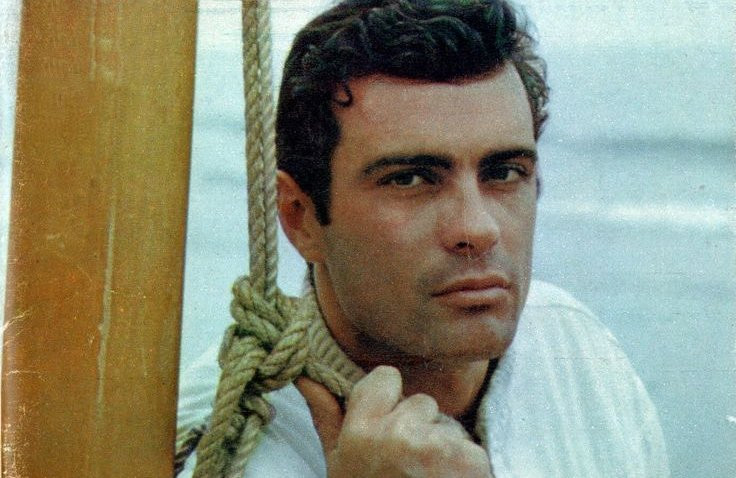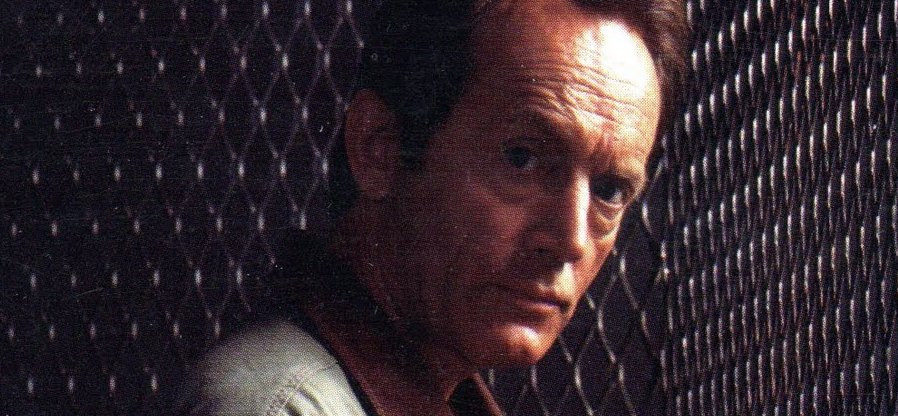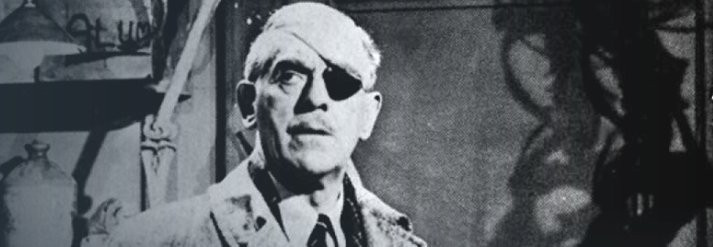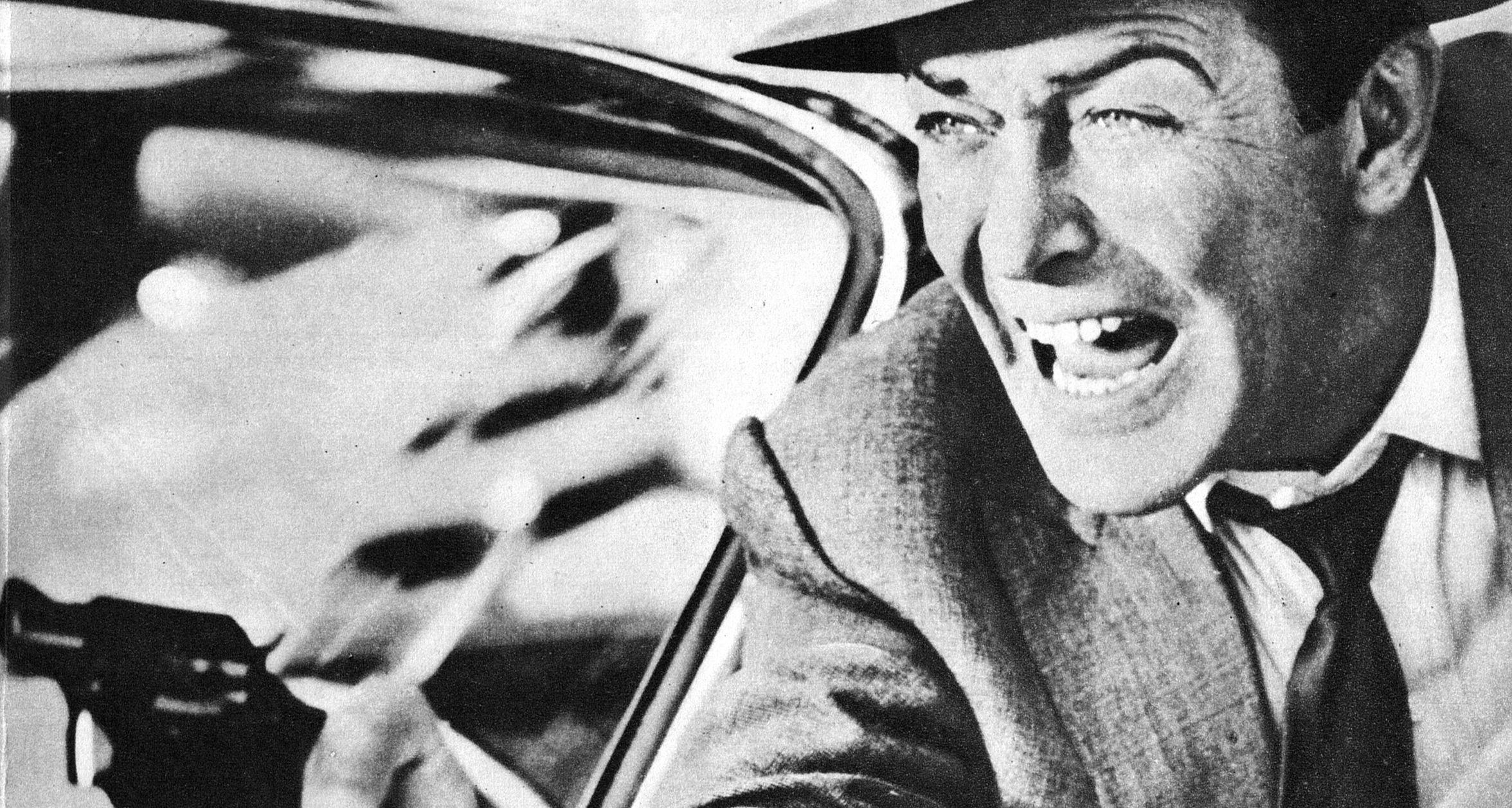
The Twilight Zone
1959 - United StatesPicture if you will, a man...a writer, -a weaver of words, purveyor of monochromatic morality tales, and if you feel in the mood to travel, journey with us now into the depths of that man's mind. For it was within the creative byways and moral highways of the mind of the aforementioned writer that our story has its true beginnings...and where ultimately, our story ends. -The mind of a writer named Rod Serling, a mind which was the gateway to a place destined to attain television immortality, -a place known only as...The Twilight Zone.
Born out of three-time Emmy award winning writer Serling's need to circumnavigate the creative strictures imposed upon him by the over cautious needs of the advertising agencies, which represented the megalithic corporations that sponsored (as they continue to do to this day), the vast majority of US television output, The Twilight Zone presented a weekly diet of quality morality tales disguised within the safe, protective camouflage of the fantasy genre format. Always a prodigious talent, between the series premier in 1959 and its final curtain call in 1965, Serling penned an impressive number of the 156 stories which hallmarked the series as the stylish template for almost all future fantasy shows utilising the anthology format. (The notable exception being, of course, Joseph Stefano's memorable Outer Limits).
The Twilight Zone's brief half-hour of weekly air-time acted as a showcase not only for Serling's innovative imaginative storytelling, but also such diverse styles as the darkly disturbing, pessimistically overtoned works of Charles Beaumont and the razor sharp suspense and subtly witty storytelling of the prolifically excellent Richard Matheson. But if The Twilight Zone was blessed with an overabundance of creative talent behind the camera, the situation was happily mirrored by the sheer top of the range quality of the performers who gave flesh to the overall brilliance of the writing which shaped the show's legend. Names such as Roddy McDowall, Lee Marvin, James Coburn, Robert Redford, Burgess Meredith, Dennis Hopper, Gladys Cooper, and individually the future Star Trek triumvirate of Shatner, Nimoy and Takei, make up just the most partial list of the various performers who graced the series-and reads like a veritable roll-call of the great and soon to be great of the Hollywood film/TV acting fraternity.
But if there is one true star in The Twilight Zone firmament which outshines even such luminaries, then that star is Rod Serling himself. For it was Serling's memorable top and tail appearances for each show with that much imitated ironically measured, memorably wry vocal commentary, which is the most enduring image of The Twilight Zone's legacy.
Much more than merely the omnipresent narrator originally intended, Serling quite literally, for entire generations of viewers, became the embodiment of that televisual middle ground between light and shadow, between merely adequate, and truly great television story telling. Although both creator and creation are now nothing more than flickering images whose substance has long since passed, The Twilight Zone will continue to offer a gateway to wonder, fear and excitement for as long as great television story telling finds a place within viewers minds and hearts, for Rod Serling held the answer to a mystery which has puzzled many a fan of the series he fashioned.
Where exactly IS The Twilight Zone?
The answer, as Serling realised only to well; is within us all.
Seen this show? How do you rate it?
Seen this show? How do you rate it?
Published on February 9th, 2019. Written by Peter Henshuls (1999) for Television Heaven.


